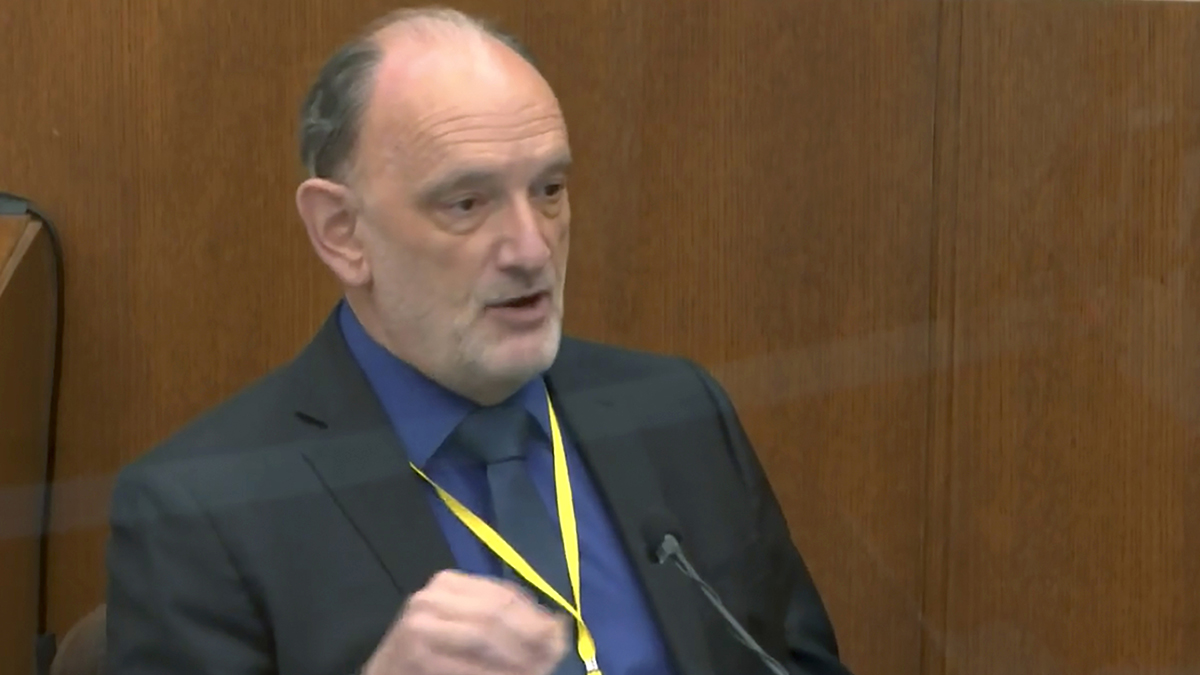Gene Hackman Autopsy: Heart Disease, Alzheimer's & Fasting Details
Gene Hackman's Final Chapter: Autopsy Reveals Heart Disease, Alzheimer's, and Fasting
A Look into the Autopsy Report
The world recently mourned the loss of legendary actor Gene Hackman. While his passing at 95 was a moment of reflection on a stellar career, a newly released autopsy report sheds light on the circumstances surrounding his death. The report points to heart disease as the primary cause, but also notes that he was battling advanced Alzheimer's disease and likely hadn't eaten in a significant period before his passing. It's a complex picture, and let's delve deeper into the details.
Heart Disease: The Primary Culprit
The autopsy report paints a clear picture: Hackman's heart was struggling. His poor heart health was the main factor contributing to his passing. The report specifically mentions congestive heart failure, a condition where the heart can't pump enough blood to meet the body's needs. It's like a tired pump trying to water a vast garden – eventually, it just can't keep up.
Congestive Heart Failure: Understanding the Strain
Congestive heart failure isn't a sudden event but rather a gradual weakening of the heart muscle. It’s a bit like a rubber band that's been stretched too many times – it loses its elasticity and ability to snap back. This can lead to fluid buildup in the lungs and other parts of the body, making it difficult to breathe and causing swelling. Hackman had clearly been battling this condition for some time.
Aortic Valve Replacement and Irregular Heartbeat
The report also noted that Hackman had previously undergone an aortic valve replacement and experienced an irregular heartbeat (arrhythmia). An aortic valve replacement suggests a prior issue with the valve that controls blood flow from the heart to the aorta, the body's main artery. Think of it as replacing a faulty valve in a pipeline to ensure everything flows smoothly. The irregular heartbeat likely added further stress to his already weakened heart.
The Pacemaker: A Helping Hand That Couldn't Overcome
In April 2019, Hackman was fitted with a pacemaker. A pacemaker is a small device that helps regulate the heart's rhythm. It's like a conductor guiding an orchestra, ensuring everyone plays in time. While the pacemaker undoubtedly provided support, it ultimately couldn't overcome the underlying heart disease.
Alzheimer's Disease: A Silent Struggle
Beyond the heart issues, the autopsy report revealed that Hackman was in the advanced stages of Alzheimer's disease. This debilitating condition affects memory, thinking, and behavior. It's like a slow erasure of the mind, gradually diminishing a person's ability to function independently.
The Impact of Advanced Alzheimer's
In its advanced stages, Alzheimer's can significantly impact a person's ability to care for themselves. They may struggle to recognize loved ones, communicate effectively, or even remember to eat. The report's mention of Alzheimer's adds a layer of complexity to the understanding of his final days. It raises questions about his ability to manage his health conditions and overall well-being.
Memory Loss and Cognitive Decline
Alzheimer's is characterized by progressive memory loss and cognitive decline. Imagine slowly losing pieces of a puzzle, making it harder and harder to see the complete picture. This can be incredibly frustrating and disorienting for the person experiencing it and deeply painful for their loved ones.
The Challenges of Caring for Someone with Alzheimer's
Caring for someone with advanced Alzheimer's presents immense challenges. It requires constant supervision, specialized care, and a great deal of patience and understanding. It's a demanding role that often places a significant emotional and physical burden on caregivers. We can only hope that Mr. Hackman had the support and care he needed.
Fasting: A Complicating Factor?
The autopsy report also suggested that Hackman had likely not eaten for a long time before his death. This raises concerns about potential dehydration and malnutrition, which could have further weakened his already compromised body. Why was he fasting? Was it related to his Alzheimer’s, or other complications?
The Effects of Prolonged Fasting
Prolonged fasting can have serious consequences for the body. It can lead to dehydration, electrolyte imbalances, muscle weakness, and decreased immune function. For someone already battling heart disease and Alzheimer's, the effects of fasting could be particularly detrimental.
Could Alzheimer's Play a Role in Lack of Eating?
One possibility is that his Alzheimer's contributed to his lack of eating. People with advanced Alzheimer's may forget to eat, struggle to swallow, or simply lose their appetite. It's crucial for caregivers to monitor food and fluid intake to ensure adequate nutrition.
The Importance of Proper Nutrition
Proper nutrition is essential for maintaining overall health and well-being, especially for elderly individuals with underlying health conditions. A balanced diet provides the body with the necessary nutrients to function properly and fight off illness. Did Hackman receive the proper nutrients?
Other Findings: Carbon Monoxide and Hantavirus
The autopsy report also included some negative findings. Hackman's carbon monoxide concentration was less than 5% saturation, which is within the normal range, and he tested negative for the hantavirus. These findings helped rule out other potential causes of death.
Carbon Monoxide: Ruling Out Accidental Poisoning
Testing carbon monoxide levels is a standard procedure in autopsies to rule out accidental poisoning. Carbon monoxide is a colorless, odorless gas that can be deadly if inhaled in high concentrations. The low level found in Hackman's system indicates that carbon monoxide poisoning was not a factor in his death.
Hantavirus: Eliminating a Rare Threat
Hantavirus is a rare but potentially fatal disease spread by infected rodent droppings. Testing for the hantavirus is important in certain geographic areas where the disease is more prevalent. Hackman's negative test result eliminated this as a possible cause of death.
A Life Remembered: More Than Just an Autopsy
While the autopsy report provides valuable insights into the circumstances surrounding Gene Hackman's death, it's important to remember that it's just one piece of the puzzle. It doesn't define his life or diminish his extraordinary contributions to the world of film.
Legacy
Hackman leaves behind an incredible legacy. The two-time Oscar winner has an illustrious career that spanned decades, and he will be remembered as one of the greatest actors of all time.
Conclusion
The autopsy report confirms that Gene Hackman's death was primarily due to heart disease, exacerbated by advanced Alzheimer's disease and potential fasting. While the report provides a detailed medical explanation, it's crucial to remember the man behind the diagnosis. His talent, his presence, his contribution to cinema – all will remain etched in our memories. Hackman's passing is a reminder of the frailty of life and the importance of cherishing every moment. It also underscores the need for further research and improved care for individuals battling heart disease and Alzheimer's disease. His legacy lives on through his films and the impact he had on the world.
Frequently Asked Questions (FAQs)
Q: What was the primary cause of Gene Hackman's death?
A: The autopsy report indicated that the primary cause of death was heart disease.
Q: Did Gene Hackman have Alzheimer's disease?
A: Yes, the report noted that he was in the advanced stages of Alzheimer's disease.
Q: What does the autopsy report say about Hackman's eating habits before his death?
A: The report suggests that he likely had not eaten for a long time before his passing, potentially leading to complications.
Q: Did Gene Hackman have any other health conditions?
A: Yes, he had experienced congestive heart failure, an aortic valve replacement, and an irregular heartbeat. He was also given a pacemaker in April 2019.
Q: Where can I read the full autopsy report?
A: While the full autopsy report may not be publicly available, news outlets and medical professionals often provide summaries and analyses of such reports. Check reputable news sources for details.

